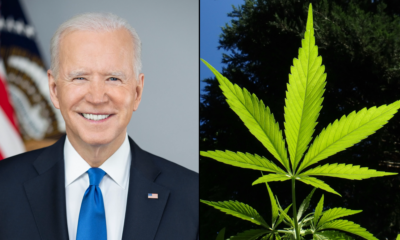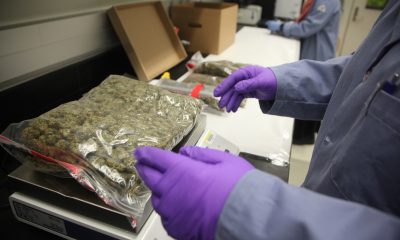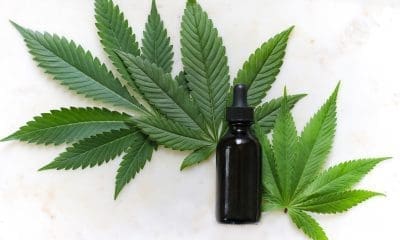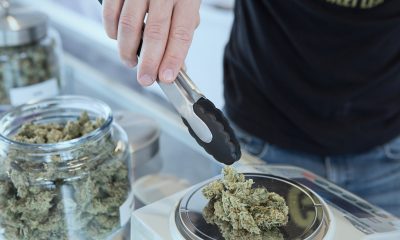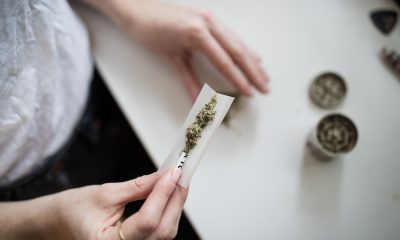Politics
Legalizing Psilocybin Could Be The Next Frontier In Drug Policy Reform After Marijuana
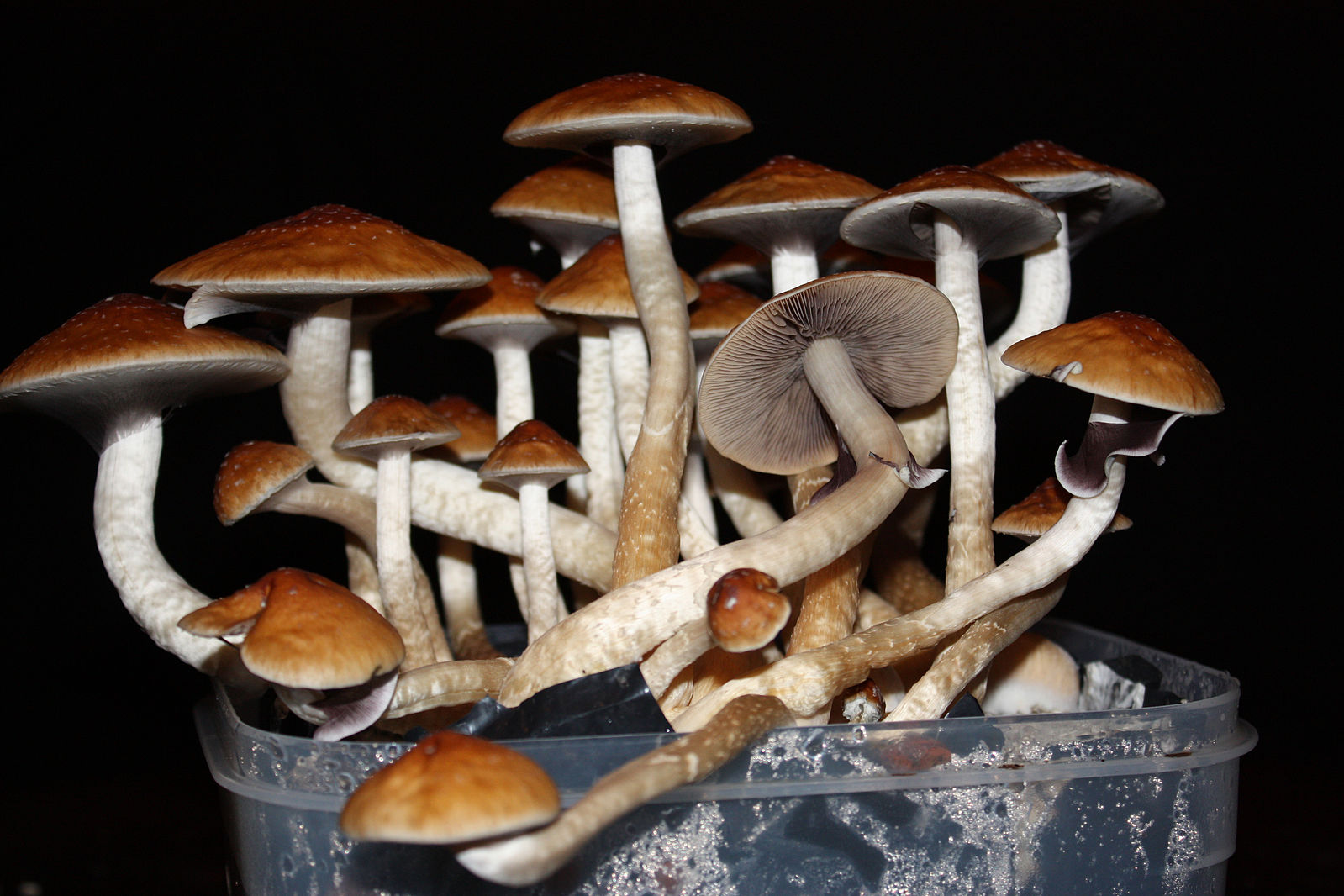
Drug policy reform isn’t likely to end with marijuana legalization—and if you’re wondering what the next step in the broader movement could be, it’s worth looking into psilocybin, the active ingredient in “magic mushrooms.”
Earlier this month, state- and city-level campaigns to change psilocybin laws made small advancements. Organizers in Denver submitted two initiatives to decriminalize the psychedelic compound, which would appear on a citywide ballot in May 2019 if both or either receive enough signatures.
And in Oregon, a measure that would legalize psilocybin-assisted treatment entered the signature gathering stage. That measure would appear on a state ballot in 2020 if the effort succeeds.
“We’re excited to gather signatures in support of establishing a community-based service framework, in which licensed providers, along with licensed producers of psilocybin mushrooms, can blaze new trails in Oregon in accordance with evolving practice standards,” psychotherapist Tom Eckert, who is a chief petitioner for the measure, said in a press release.
Though there’s still a lot of work to do on the marijuana reform front—and advocates haven’t exactly joined arms with the psilocybin movement yet—the efforts share several parallels. For example, both cannabis and psilocybin are federally banned as Schedule I drugs, meaning the government considers them to have a high potential for abuse and to be medically useless.
Research disputes that position for both substances. While an admittedly larger body of research has demonstrated various therapeutic benefits of marijuana, several studies have found compelling evidence that psilocybin can provide relief for individuals suffering from conditions such as depression and addiction—and research is ongoing.
“To be clear, there’s no scientific basis for psilocybin’s continued inclusion on Schedule I,” Angela Bacca, a strategist for the Psilocybin Service Initiative of Oregon, said. “It is imperative we change the law to match the reality and science because people are suffering who could otherwise benefit from this safe and uniquely effective service.”
Neither the Denver nor Oregon measures would create a legal retail system for psilocybin, as has been seen throughout the U.S. for marijuana. And in Denver, organizers submitted two separate decriminalization initiatives in order to test the waters, seeing if there’d be enough support to include cultivation in the language of their primary decriminalization measure.
If that initiative fails, the group Denver for Psilocybin will put their energy toward a similar initiative that simply decriminalizes low-level possession and personal use.
“It’s a natural right. It’s a human right,” Kevin Matthews, campaign director for Denver for Psilocybin, told Westword. “This one is our Hail Mary victory shot.”
Organizers in California recently attempted to get a psilocybin decriminalization initiative on the 2018 ballot, but that effort failed.
Congresswoman Tulsi Gabbard Talks Marijuana And Psychedelics With Joe Rogan
Photo courtesy of Wikimedia/Mädi.




